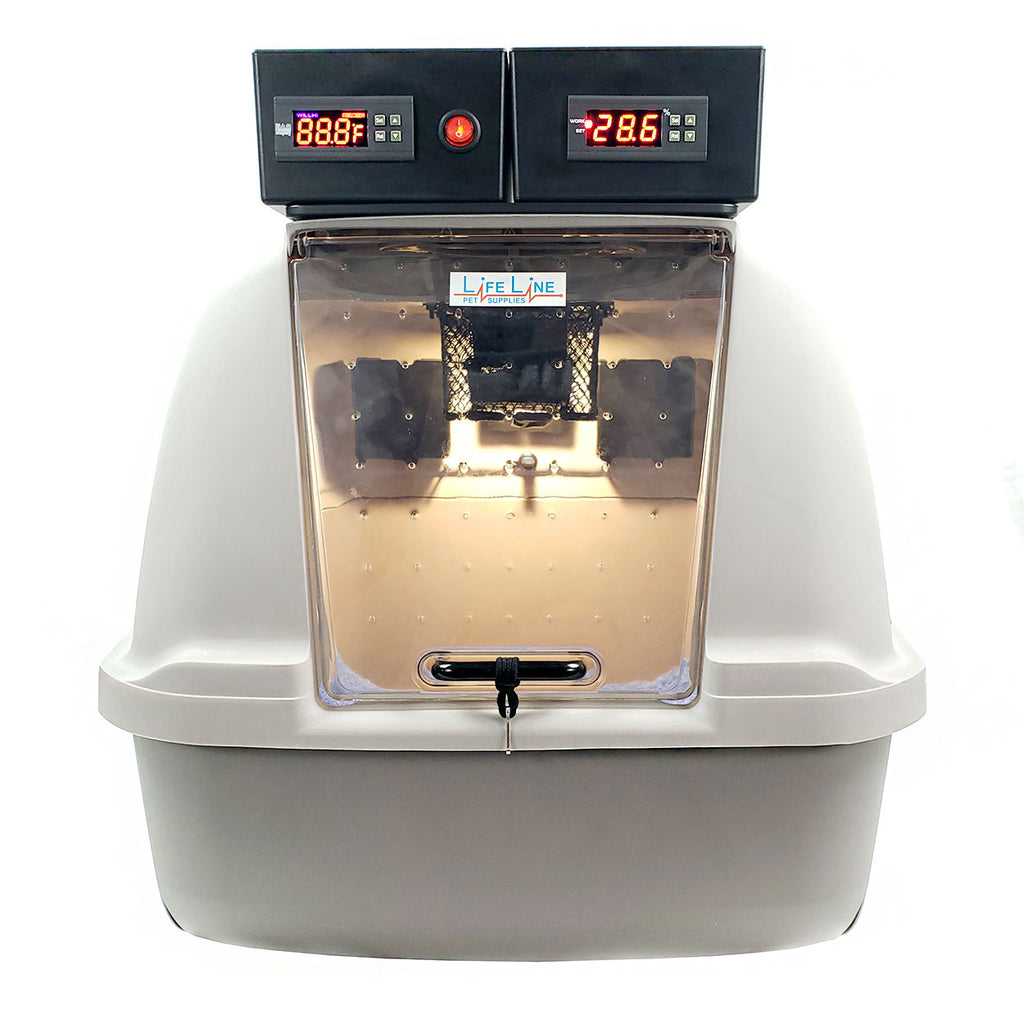

Kittens are also vulnerable to disease, such as cat flu, if they are not getting immunity from their mother’s milk. Neonatal kittens are not able to regulate their temperature and as such are very vulnerable to becoming cold very quickly. Kittens under two weeks of age require feeding every two hours and if they don’t have a mother they need a specialised formula to give them all the nutrients they need. Like any baby, the most important things for neonatal kittens are food, warmth and shelter. When kittens lose their mothers they are not able to provide for themselves. We got in touch with Colleen, who is part of the team, to gain some insights on neonatal kitten care: What are some of the challenges that neonatal kittens face, particularly around winter? We’re very lucky to have had a chance to help out this amazing group who were granted funds to purchase an incubator and save more kitten lives! They recently applied for our PetRescue x Animals Australia emergency relief requesting a new incubator for foster carers caring for rescued neonatal kittens. In 2020 alone, Hills Cat Rescue, one of our amazing member organisations, took in over 30 such kittens, most of whom, unfortunately, could not survive the weaning stage. If you have an orphan kitten, try to find some playmates for him.As kitten seasons starts around September, rescue shelters and pounds are often flooded with kittens born to undesexed adult cats. Kittens without this education often grow up play fighting far too roughly and getting into fights when they didn’t understand their playmate’s signals to stop. Kittens who are weaned too early often have long-term effects of growing up alone. If your cats flatten their ears, hold their ears back, or puff up their fur or tails, this is a sign that they’re fighting, not playing. If your cats’ bodies are relaxed or their ears are pointed forward, they’re likely just playing. A kitten that’s protecting its “territory” from a perceived threat or interloper (such as a small child or another animal) also may become aggressive. In older cats, there may be other reasons for cat aggression and attacks, such as redirected. In kittens, most aggression is caused by fear or curiosity. In reality, most cats give some type of warning that they are no longer enjoying the attention. This behavior is distinct to cats that have this love/hate relationship with petting.

When cats go quickly from enjoying petting to swatting or biting, we call it “petting aggression” or “overstimulation”. Why does my kitten bite me when I pet him? Play aggression can be spotted in your kitten’s body posture. They quickly learn when play is too rough and causing pain to their playmates - the result is retaliation, and play time will stop. Kittens learn through play with each other to suppress their bites and sheathe their claws when roughhousing with each other. Why is my kitten so aggressive when playing?


 0 kommentar(er)
0 kommentar(er)
